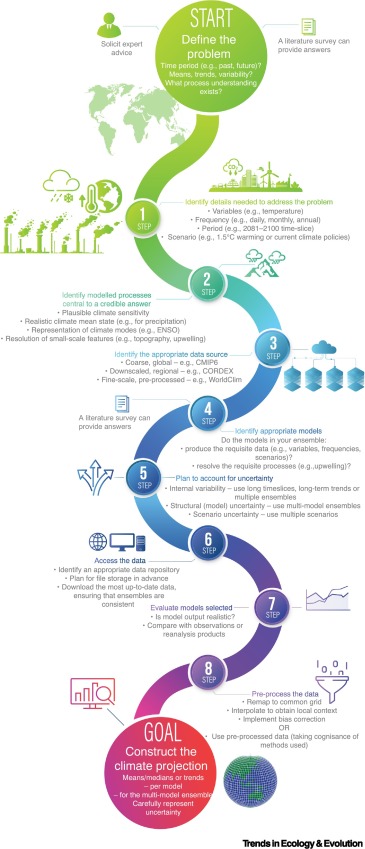Elsevier,
Geriatric Nursing, Volume 53, 1 September 2023
This article underscores the need to screen early for balance issues and fall risk in patients with Alzheimer's, as these patients are more prone to falls. The end goal is to promote earlier screening so as to better improve their quality of life.
Elsevier,
Comparative Biochemistry and Physiology Part - C: Toxicology and Pharmacology, Volume 271, September 2023
OKA is a potent neurotoxin and has a profound effect on cognitive dysfunction in Zebrafish. 4D and 10D OKA treated zebrafish show significant changes in gene expressions related to neuroinflammation. OKA exposed zebrafish display a substantial number of proteins that are involved in contributing to AD pathology. OKA-induced AD in zebrafish model can be used as a screening tool to explore further underlying possible mechanisms.
Elsevier, The Lancet Regional Health - Europe, Volume 32, September 2023
Climate change is one of several drivers of recurrent outbreaks and geographical range expansion of infectious diseases in Europe. We propose a framework for the co-production of policy-relevant indicators and decision-support tools that track past, present, and future climate-induced disease risks across hazard, exposure, and vulnerability domains at the animal, human, and environmental interface.
Elsevier,
iScience, Volume 26, 15 September 2023
This research studied different heating systems in China and Europe. The sensitivity analysis found that electrifying heating systems with heat pumps can reduce household heating costs and mitigate European cities’ dependence on natural gas, providing policy recommendations on future building cost-effective retrofits and heating electrification in Europe.
Elsevier,
iScience, Volume 26, 15 September 2023
This research studied different heating systems in China and Europe. The sensitivity analysis found that electrifying heating systems with heat pumps can reduce household heating costs and mitigate European cities’ dependence on natural gas, providing policy recommendations on future building cost-effective retrofits and heating electrification in Europe.
Elsevier,
Trends in Ecology and Evolution, Volume 38, September 2023
To plan for an uncertain future, life scientists are often required to use the output from climate models to develop recommendations for policy. The authors explain best practice for use of these models, this research supports SDG 2, 13, 14 and 15.
Elsevier,
One Earth, Volume 6, 15 September 2023
This article advances SDG # 13 by arguing that flaws with carbon offsets, such as exaggerated climate benefits, emission avoidance rather than carbon removal, non-durable carbon storage, greenwashing, and double-counting, ultimately make the current system incompatible with the Paris Agreement.
Elsevier,
Journal of Climate Change and Health, Volume 13, 1 September 2023
This article advances SDG # 3, 4, 8, 10 and 13 by compiling evidence showing that climate change and its various consequences can adversely affect brain development in the fetal through the early childhood stages. Long-term consequences on health, education and economies are significant. T
Elsevier,
Cell Reports Physical Science, Volume 4, 20 September 2023
Climate change is driving the need for cool spaces, which currently relies largely on mechanical air conditioning that consumes power and contributes to emissions. This article examines how to create a passive cooling system with good ventilation using no mechanical equipment, achieving sub-ambient temperature cooling that could be extended to larger homes and structures. As such, it supports SDGs 3 (ensuring access to cool livable spaces), SDG 9 (more sustainable infrastructure to cool homes), and SDG 13 (reducing the need for traditional air conditioning).


